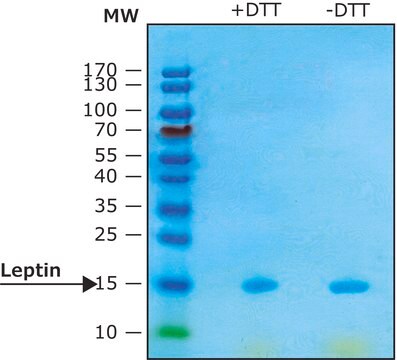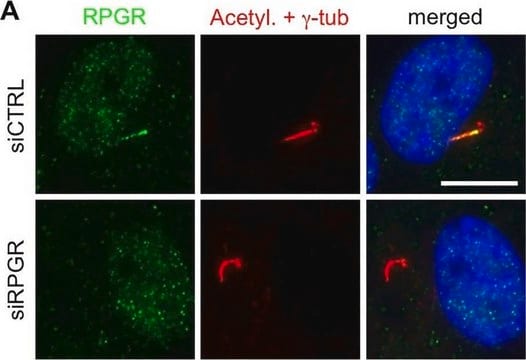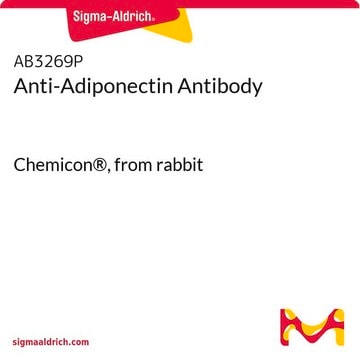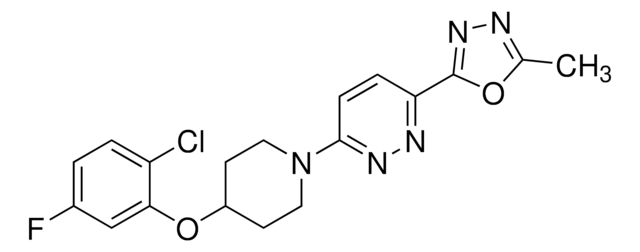SRP4902
Adiponectin from mouse
recombinant, expressed in E. coli, ≥90% (SDS-PAGE)
Sinónimos:
ACDC, APM-1, Acrp30, AdipoQ, GBP-28
About This Item
Productos recomendados
biological source
mouse
recombinant
expressed in E. coli
assay
≥90% (SDS-PAGE)
form
lyophilized
mol wt
~30 kDa
packaging
pkg of 25 μg
storage condition
avoid repeated freeze/thaw cycles
impurities
endotoxin, tested
NCBI accession no.
shipped in
wet ice
storage temp.
−20°C
Gene Information
mouse ... Adipoq(11450)
General description
Application
Biochem/physiol Actions
Physical form
Reconstitution
Storage Class
11 - Combustible Solids
wgk_germany
WGK 3
flash_point_f
Not applicable
flash_point_c
Not applicable
Certificados de análisis (COA)
Busque Certificados de análisis (COA) introduciendo el número de lote del producto. Los números de lote se encuentran en la etiqueta del producto después de las palabras «Lot» o «Batch»
¿Ya tiene este producto?
Encuentre la documentación para los productos que ha comprado recientemente en la Biblioteca de documentos.
Artículos
Lipid Induced Insulin Resistance
Nuestro equipo de científicos tiene experiencia en todas las áreas de investigación: Ciencias de la vida, Ciencia de los materiales, Síntesis química, Cromatografía, Analítica y muchas otras.
Póngase en contacto con el Servicio técnico








